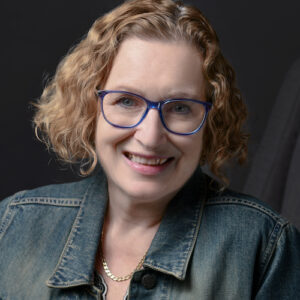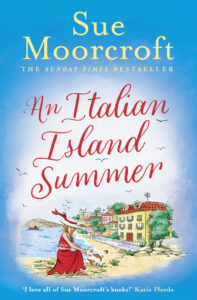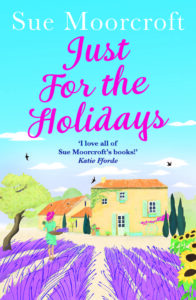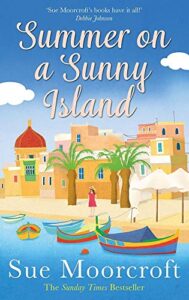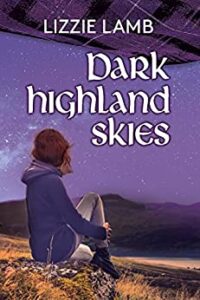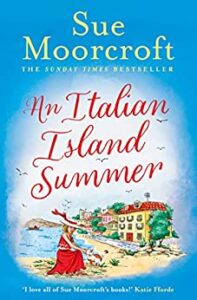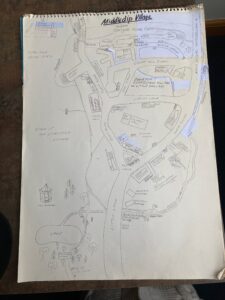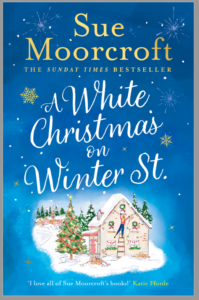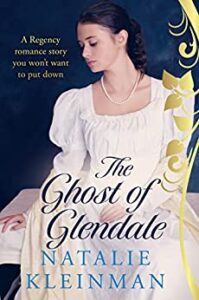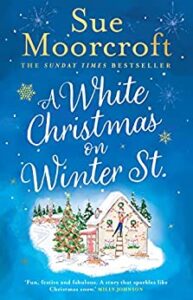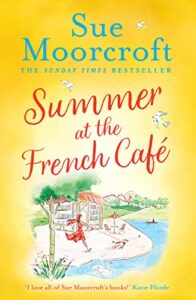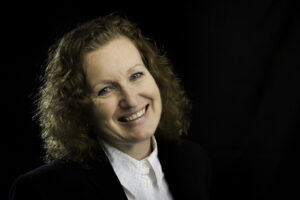The Christmas Love Letters by Sue Moorcroft, reviewed by Morton S Gray
Classic Sue Moorcroft.
I enjoyed being back in Nelson’s Bar, Norfolk reading about Ruthie, Maddy and Raff. A Christmas novel with twists and turns in the present and the revelation of secrets from the past too as Ruthie shares her treasured love letters.
A romance between Maddy and Raff seems inevitable, as they help Ruthie heal wounds from her past, until Maddy receives a message about her own mystery and the world changes.
Sue Moorcroft has a skill of carrying you along with a story and leaving you wanting for more.
A story to tug at your heart strings.
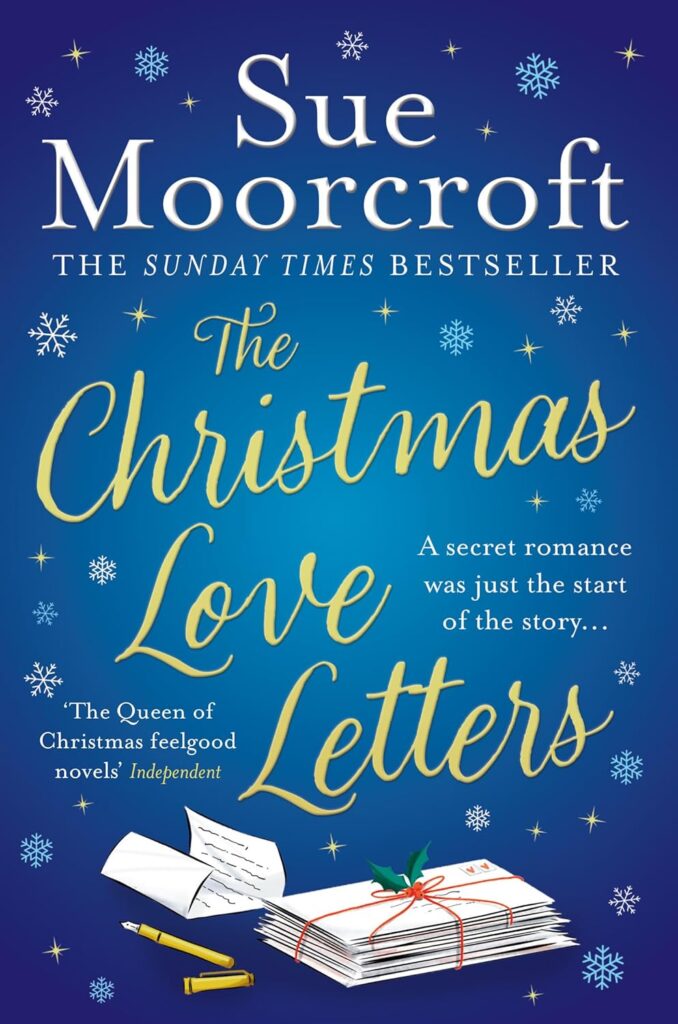
The Recipe for Hope by Fiona Valpy, reviewed by Jane Cable
I fancied a Christmas story, and for me this one was close to perfect. For a start it’s a novella, just a touch in under two hundred pages, and for a relatively simple festive romance it doesn’t need to be any more. And the cast of characters is small, and yet still a community is created for Evie to fall into when she escapes to France to avoid Christmas.
What really made this book stand out for me was the way I almost instantly slipped inside Evie’s heart and mind, and cared about her. I finished the book hours ago, and still she’s with me. On top of that, the customs and settings of rural south west France are described so beautifully, and with love. As is the food. The icing on the cake was a proper, real world, grown up ending. Five stars from me any day of the week.
New Beginnings at Christmas Tree Cottage by Georgia Hill, reviewed by Morton S Gray
A great read that will have you thinking about Christmas and maybe buying Baileys!
I loved reading this book, which was a complete tonic in a stressful time for me. I always say that a book that can produce an emotional reaction is a good book and this one produced not one, not two, but three heart affecting scenes that had me thinking and reaching for the tissues. A cosy read, but with serious underlying themes of starting again after loss.
The characters are likeable and relatable, particularly Jago, trying to be the responsible son and brother, whilst nursing his own demons and heartaches, Honor, the primary school teacher with a big venerable heart and the amazing vicar, Verity, who is mad on ABBA. Merryn is a very wise little girl beyond her years. Georgia Hill weaves her story around community of Lullbury Bay, with each person living there having a distinct role and backstory. It sounds like somewhere I would enjoy living. I’d even take part in the yarn bombing brigade!
Highly recommended to get you in the mood for Christmas.
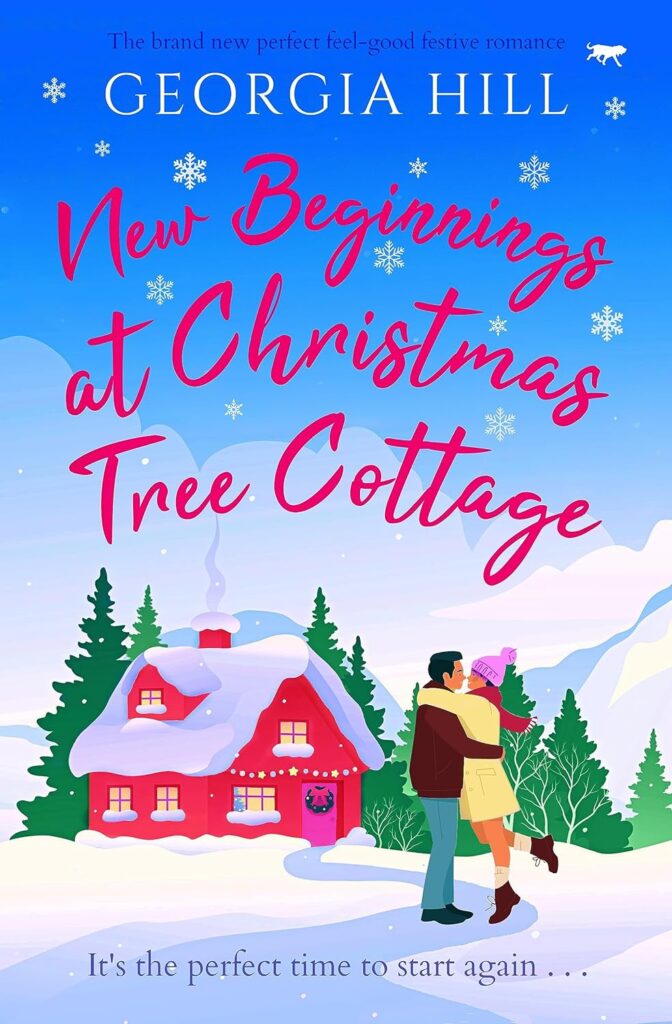
Secrets of the Shell Sisters by Adrienne Vaughan, reviewed by Jessie Cahalin
Magical tale of secrets, second chances and sisterhood
Set on Ireland’s ancient east coast, the Morgan sisters are in crisis. Cassandra runs the family hotel and it’s struggling, as secrets from her past threaten to resurface making things worse. Greer is fleeing a failed relationship with a powerful man, but if she returns will she stay? And then there’s Orla – fey, funny and mysterious – insisting messages from the shells must heeded or what will become of them all?
Returning to Rosshaven was a delight, especially as this story, while fresh and original, is cleverly intertwined with characters from the first book, Summer of Secrets.
A beautifully written tale of relationships, lost love and second chances, laced through with a touch of Irish magic – so deftly delivered it feels as natural as the sea itself.
This is romantasy at its best and I loved it.

